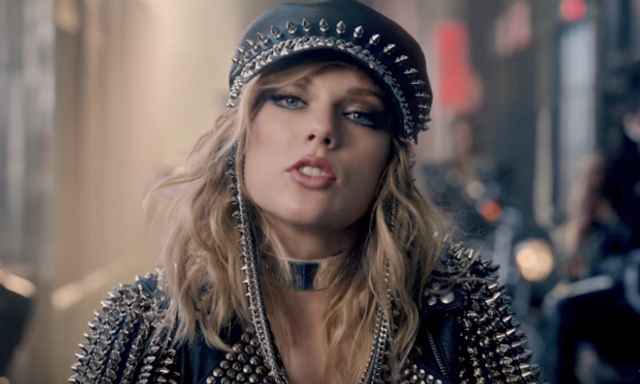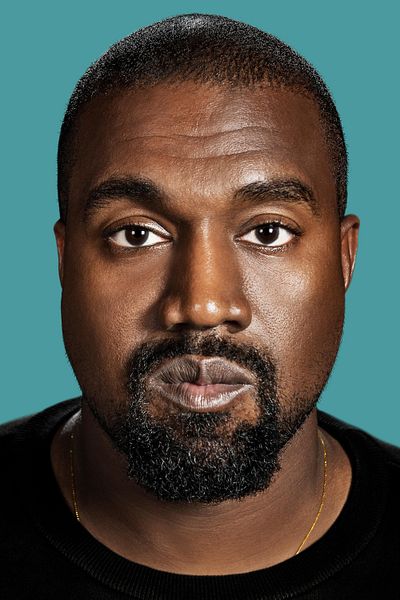With her new album 'Lover' on the horizon, Taylor Swift is the cover star of the new September issue of Vogue.
The accompanying in-depth interview sees her discussing a number of topics - but the one that has generated the most headlines has been her falling-out with Kim Kardashian and Kanye West.
Swift denounced the 'mass public shaming' that followed when Kardashian leaked a private phone conversation that had taken place between West and Swift. If you'll recall the finer details of the argument, Swift appeared to give her blessing for her name to be used in West's song 'Famous', specifically the lyric: "For all my Southside n-----s that know me best / I feel like me and Taylor might still have sex" - although she maintained that she was not okay with being referred to as "that bitch" in the song. Kardashian later branded her a 'snake' and West encouraged people to chant 'F**k Taylor Swift' at one of his gigs.
Their feud has been ongoing ever since, and now Swift has spoken about the toll that it took on her in Vogue.
"A mass public shaming, with millions of people saying you are quote-unquote cancelled, is a very isolating experience," she said. "I don't think there are that many people who can actually understand what it's like to have millions of people hate you very loudly.
"When you say someone is cancelled, it's not a TV show. It's a human being. You're sending mass amounts of messaging to this person to either shut up, disappear, or it could also be perceived as, 'kill yourself'."
She added: "I realised I needed to restructure my life because it felt completely out of control. I knew immediately I needed to make music about it because I knew it was the only way I could survive it.
"It was the only way I could preserve my mental health and also tell the story of what it's like to go through something so humiliating."
She also said that she had been through a "grieving process" over the whole affair, going through many 'micro-emotions' because of it.
"It’s so strange trying to be self-aware when you’ve been cast as this always smiling, always happy ‘America’s sweetheart’ thing," she said, "and then having that taken away and realizing that it’s actually a great thing that it was taken away, because that’s extremely limiting.”
Read the full interview here.




















































































